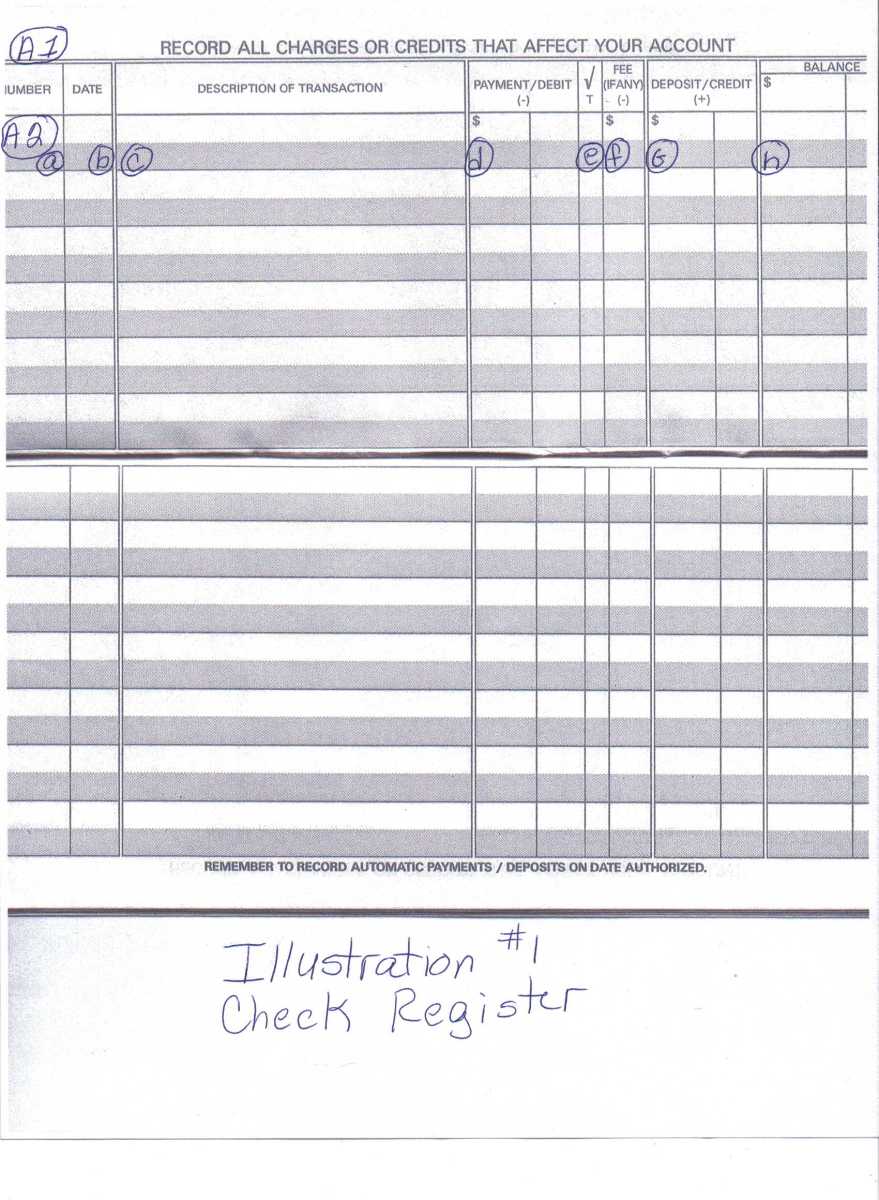Financial Planning for Widows

Moving Foward as a Widow
Over the many years I have worked in the field of financial planning, I have noticed that I have worked with a fairly disproportionate number of clients whom are widows. While this was not by design, it has allowed me to acquire some insight into how difficult a time this can be. Since I have never had the misfortune of losing a spouse I don’t believe I can entirely relate to the emotional aspect. Yet having worked on so many of these cases, there are certain things I think each widow/widower should consider.
When a surviving spouse is someone that typically was not particularly involved in the financial aspects of the household, it can make this painful time that much more difficult and confusing. At such as time, many are so confused that they simply ignore various issues that must be addressed. But often times, they are pressured into believing that they must act on some immediate investment opportunity that will not be available in the future.
What to address immediately…Some of the basic things that should be addressed immediately are fairly obvious. If there was a life insurance policy you do want to make sure you have notified the carrier to make the insurance claim. Be cautious of the insurance agent that wants to immediately offer you the payment in a structured annuity payment. While utilizing such a product may make some sense, there is no urgency. They base payments upon your life expectancy, so waiting until things are sorted out will not be a concern.
Make sure that your CPA or tax preparer completes IRS form 706 within in 9 months of your spouse passing. This is an estate tax return form. Many tax preparers do not complete this for estates that are not sizeable or not probatable. However, with the new laws around estate taxes, there is a feature know as portability. This allows you to transfer your estate tax exclusion from your deceased spouse to your name. There is no cost in doing so. However this is important because once the credit is transferred it is irreversible. If your spouse passed away in 2012, you would receive a credit of in excess of 5.1 million dollars. Even if the estate tax limits are dropped back to 1 million in the future, you would have the exclusion of your 1 million plus your spouses 5.1 million. You can never be sure what the value of your estate will be in the future. You may see appreciation to assets or inherit assets from another source. This credit is available with a simple form at no cost. However, if you do not complete form 706, your forfeit your portability.
It is important to make sure that if there were any retirement accounts in your name or your deceased spouse name that you address the required minimum distributions (RMD) if either of you are in excess of 70 ½ years of age. Should you fail to take them there are substantial tax penalties of 50% of the distribution that will be applied to the amount of the required withdrawal. This may have been addressed automatically by your financial advisor. But be sure to check with them.
If your deceased spouse was collecting Social Security you want to notify them immediately. If you were both enrolled you will no longer collect both payments, but rather the higher of the two. Additionally you want to contact the pension fund administrator if your deceased spouse was entitled to a pension. If there is a survivor benefit attached to the pension the payment may or may not be reduced.
Any asset in a 401k, IRA or any other form of a retirement account will pass tax free to the retirement account of the spouse. If you are over age 59 ½ years of age then you simply need to contact the custodian of the account and complete the forms to retitle the accounts into your name. However, should you inherit the assets from a retirement account under that age it is a good idea to transfer them into an inherited IRA. The reason is that once the assets are transferred directly into your name, you are subject to a 10% penalty on any distributions along with the income tax liability if you make a withdrawal earlier than 59 ½ years of age. However the inherited account has no such 10% penalty on withdrawals. You can always transfer the inherited IRA into your own IRA in the future when you turn 59 ½, or if you later determined that you had no need for the income and simply wanted to consolidate assets.
Another issue that should and will come up not immediately, but fairly soon is that of your estate wishes. The loss of a loved means making changes to beneficiaries on retirement accounts and other assets. It may have been time for you to update your will anyway. But you want to make sure that your health care proxy, living will and Power of attorney documents read as you wish them to. If there is a family attorney you have already worked with, you need to know if any part of your deceased spouse’s estate needs to be probated. Often when there is a sizeable estate or children from another marriage these issues can get complex and cause tax concerns if not addressed in a timely manner.
Start to take a close look at your monthly expenses. If you have a good financial planner, they should help you through this process. It will be time to re-evaluate what is going out versus what is coming in with regard to cash flow. Before any good financial planner will suggest changes they need to have solid idea of what you can sustain from an income and expense perspective.
Things to avoid…Rarely does it make any sense to make a major change such as selling your home and moving to another place, especially if that means making a move out of town and away from your familiar surroundings. In some rare circumstances the cash flow problems may be so desperate that you have little time to wait. However in many cases rushing into such a decision is later regretted. You want to typically give yourself at least a year to think about where you want to be and what changes you’d like to make.
As a result of this be cautious of an investment advisor who immediately wants you to buy a new investment product right away without evaluating these issues first. You may be making a financial commitment in haste that can impact you from a tax or estate perspective in the future. In some cases, I have seen spouses inherit assets that were quite risky and immediately suggested changes to something more conservative until we have a much more focused picture of ones goals. We’d all like to believe that our deceased spouse who handled our financial affairs was an expert investor who knew exactly what they were doing. Unfortunately that is not always the case. And many times a survivor is inheriting something of great risk that they don’t really understand. That does not mean that you should ever be pressured into buying something immediately, because these supposed investments are a great buying opportunity. Even if that is true, remember that financial planning and investing is not about the highest return, but rather it is about achieving ones goals. That means simply making sure you can maintain your lifestyle without running out of money. That can very often happen with a lower risk/return than you neighbor across the street.
When it comes to financial matters that have to be addressed, try not to ever feel intimidated. Anyone who deserves your business should not be afraid to take the time to answer your questions no matter how simple they may seem. There are no stupid questions. It’s not a bad idea to bring a family member or a friend to such appointments for another perspective. Remember that this is a difficult time for you and you need to grieve. Those offering guidance with your best interest in mind should rarely be pressuring you do anything. Allow some time for things to come into focus and begin to rebuild your life.
- Should I Buy an Annuity...What You Need To Know
What is an annuity ??? Annuities can generally be summarized as two basic types of insurance contracts. They are either immediate or deferred annuities. Over the years these two types of contracts have been expanded to encompass many different... - ETF's vs Closed-End Funds ???
The difference between a traditional exchange traded fund (ETF) and an actively managed closed end fund are several. However, there are certain basic features that one should understand before utilizing these solutions as investment options. The... - Estate Planning Basics
I have always found it astonishing just how many of the clients I have come across over the years that have not seriously addressed the issue of estate planning. Many feel that their net worth simply does not justify paying a great deal of... - The Importance of Asset Allocation
When building and investment strategy we often hear the term “diversification” Yet and equally important concept is “Asset Allocation” It has been shown via numerous studies that the proper allocation can account for better than 90% of long... - Passive vs Active Management…The Case for ETF’s
There has been an ongoing debate for decades about the benefits of actively managed mutual funds versus their passive counterparts. Those counterparts would be the exchange traded fund market (ETF’s) as well as traditional index funds. Those in... - The Case for Alternative Investment Strategies
One of the lessons of 2008, and even the more recent market volatility is that portfolio management has become more dynamic. Traditional asset allocation models of equities, fixed income, and cash equivalents may not be sufficient for more growth... - What should your Financial Advisor ask you ???
Often we read articles & commentary about what to ask your financial advisor. But what should your financial advisor be asking you. Often times that alone can tell you whether or not you are engaged in a financial advisory relationship that is in - Bonds vs Bond Funds ???
While over the years the community of investment professionals nearly universally agree that most every client should own some form and percentage of fixed income as part of their asset allocation strategy…Over the years there has been an ongoing... - Should You Buy A Long Term Care Insurance Policy ???
The topic of Long Term Care insurance is somewhat controversial. More so than most other solutions, the debate as to whether you should own such coverage is somewhat questionable. Like most solutions, this should be addressed on a case by case... - Life Insurance: What You Need to Know
What type of insurance in most suitable ??? The question of what type of life insurance is most suitable, typically has to do with factors pertaining to an individuals net worth. The first thing one should keep in mind in all forms of insurance is... - The Impact of Retirement Distributions in Volatile M...
Over the last fifteen years in the financial planning field, the most commonly expressed concern I have heard from a retiree/pending retiree has been…Will I run out of money ??? When examining this question there are many variables to be concerned... - Should I Buy an Annuity...What You Need To Know
What is an annuity ??? Annuities can generally be summarized as two basic types of insurance contracts. They are either immediate or deferred annuities. Over the years these two types of contracts have been expanded to encompass many different... - Should I Pay off My Mortgage Early ???
For many Americans, the ability to pay down their mortgage sooner is simply not realistic. However in some cases it is quite possible. The Question of whether or not you should accelerate mortgage payments or use liquid cash to cover eliminate the... - Life Insurance: What You Need to Know
What type of insurance in most suitable ??? The question of what type of life insurance is most suitable, typically has to do with factors pertaining to an individuals net worth. The first thing one should keep in mind in all forms of insurance is... - The Importance of Asset Allocation
When building and investment strategy we often hear the term “diversification” Yet and equally important concept is “Asset Allocation” It has been shown via numerous studies that the proper allocation can account for better than 90% of long... - The Case for Alternative Investment Strategies
One of the lessons of 2008, and even the more recent market volatility is that portfolio management has become more dynamic. Traditional asset allocation models of equities, fixed income, and cash equivalents may not be sufficient for more growth... - What should your Financial Advisor ask you ???
Often we read articles & commentary about what to ask your financial advisor. But what should your financial advisor be asking you. Often times that alone can tell you whether or not you are engaged in a financial advisory relationship that is in - Bonds vs Bond Funds ???
While over the years the community of investment professionals nearly universally agree that most every client should own some form and percentage of fixed income as part of their asset allocation strategy…Over the years there has been an ongoing... - Understanding the Estate Tax
The Estate tax at both the Federal and State level is fairly complex topic. For the sake of this discussion, I will take a look at some fairly basic aspects that all Americans who have saved for retirement should be aware of to some extent. First... - Estate Planning Basics
I have always found it astonishing just how many of the clients I have come across over the years that have not seriously addressed the issue of estate planning. Many feel that their net worth simply does not justify paying a great deal of... - Should I Buy an Annuity...What You Need To Know
What is an annuity ??? Annuities can generally be summarized as two basic types of insurance contracts. They are either immediate or deferred annuities. Over the years these two types of contracts have been expanded to encompass many different... - Should I Pay off My Mortgage Early ???
For many Americans, the ability to pay down their mortgage sooner is simply not realistic. However in some cases it is quite possible. The Question of whether or not you should accelerate mortgage payments or use liquid cash to cover eliminate the... - Life Insurance: What You Need to Know
What type of insurance in most suitable ??? The question of what type of life insurance is most suitable, typically has to do with factors pertaining to an individuals net worth. The first thing one should keep in mind in all forms of insurance is... - ETF's vs Closed-End Funds ???
The difference between a traditional exchange traded fund (ETF) and an actively managed closed end fund are several. However, there are certain basic features that one should understand before utilizing these solutions as investment options. The... - Estate Planning Basics
I have always found it astonishing just how many of the clients I have come across over the years that have not seriously addressed the issue of estate planning. Many feel that their net worth simply does not justify paying a great deal of... - The Importance of Asset Allocation
When building and investment strategy we often hear the term “diversification” Yet and equally important concept is “Asset Allocation” It has been shown via numerous studies that the proper allocation can account for better than 90% of long... - Passive vs Active Management…The Case for ETF’s
There has been an ongoing debate for decades about the benefits of actively managed mutual funds versus their passive counterparts. Those counterparts would be the exchange traded fund market (ETF’s) as well as traditional index funds. Those in... - The Case for Alternative Investment Strategies
One of the lessons of 2008, and even the more recent market volatility is that portfolio management has become more dynamic. Traditional asset allocation models of equities, fixed income, and cash equivalents may not be sufficient for more growth... - What should your Financial Advisor ask you ???
Often we read articles & commentary about what to ask your financial advisor. But what should your financial advisor be asking you. Often times that alone can tell you whether or not you are engaged in a financial advisory relationship that is in - Bonds vs Bond Funds ???
While over the years the community of investment professionals nearly universally agree that most every client should own some form and percentage of fixed income as part of their asset allocation strategy…Over the years there has been an ongoing...










